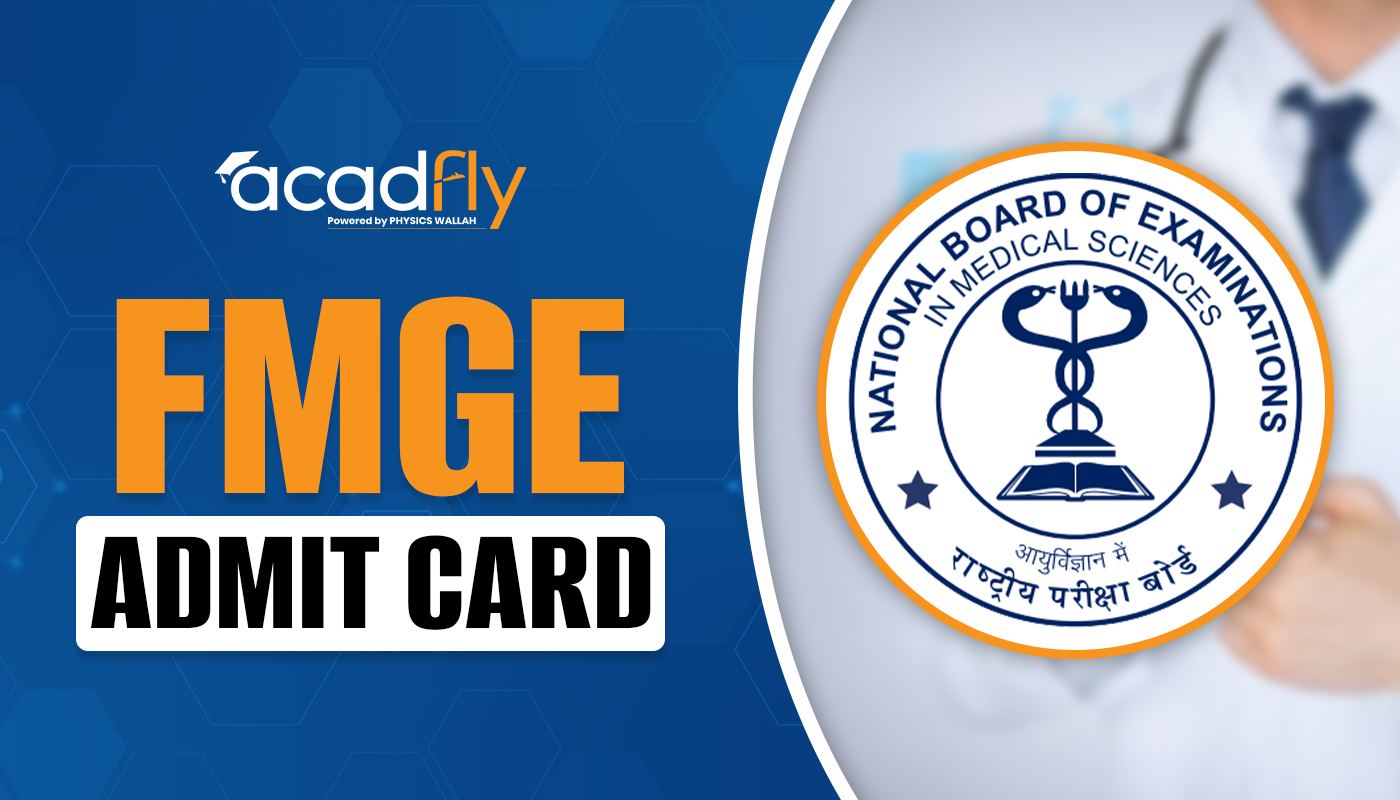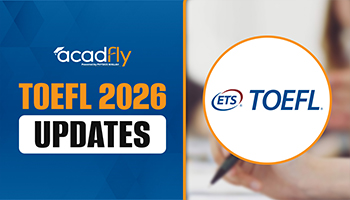
Studying civil engineering in Ireland offers students a robust education and diverse career opportunities. To embark on this academic journey, it’s essential to understand the civil engineering degree requirements in Ireland. This encompasses various aspects such as academic qualifications, language proficiency, admission procedures, and potential scholarships. By meeting these requirements, prospective students can enhance their chances of gaining admission to top civil engineering programs in Ireland and pave the way for a successful career in this critical field.
Top Civil Engineering Universities in Ireland: Leading Institutions
When considering a career in civil engineering, selecting the right institution is crucial for meeting the civil engineering degree requirements in Ireland. Ireland is home to several prestigious universities that offer specialized programs in civil engineering, known for their academic excellence and industry connections. Below is a table highlighting some of the leading universities in Ireland that provide top-notch civil engineering education.
|
University Name |
Location |
Program Duration |
Key Features |
|
Trinity College Dublin |
Dublin |
4 years |
Strong emphasis on research and innovative engineering design. |
|
University College Dublin |
Dublin |
4 years |
Comprehensive curriculum with industry partnerships. |
|
University of Galway |
Galway |
4 years |
Focus on sustainable engineering and environmental design. |
|
Dublin Institute of Technology |
Dublin |
4 years |
Hands-on approach with modern facilities and labs. |
|
Cork Institute of Technology |
Cork |
4 years |
Emphasis on practical learning and local industry collaboration. |
|
Limerick Institute of Technology |
Limerick |
4 years |
Strong industry links and focus on employability. |
These institutions not only provide a solid educational foundation but also offer numerous resources and opportunities for personal and professional development in the field of civil engineering.
Available Scholarships for Civil Engineering Students in Ireland
Pursuing a civil engineering degree can be a significant financial commitment, but various scholarships are available to help ease the burden. These scholarships are designed to support students who meet the civil engineering degree requirements in Ireland and are aimed at promoting excellence in the field. Here are some notable scholarship options for civil engineering students:
1. Government of Ireland Scholarships
This scholarship program offers financial support to international students pursuing higher education in Ireland. It is available for students who meet the civil engineering degree requirements in Ireland and can cover tuition fees and living expenses.
2. University College Dublin Scholarships
UCD offers several scholarships for civil engineering students, including merit-based awards for outstanding academic performance. These scholarships help alleviate tuition costs and provide a chance for students to excel in their studies.
3. Trinity College Dublin Scholarships
Trinity College provides various scholarships for incoming civil engineering students, focusing on academic excellence and research potential. These awards can significantly reduce tuition fees and encourage students to engage in innovative projects.
4. Science Foundation Ireland (SFI) Scholarships
SFI offers scholarships specifically for students in STEM fields, including civil engineering. These awards are aimed at fostering research and development and can help cover tuition and research costs for eligible students.
5. Engineering Scholarship Program by the Institution of Engineers Ireland
This program offers scholarships to engineering students, including those in civil engineering. It aims to support students who demonstrate exceptional potential and commitment to their studies.
6. Local Authority Scholarships
Some local authorities in Ireland provide scholarships for students pursuing civil engineering degrees. These awards often focus on students who intend to work in their local area after graduation, promoting community development.
7. Postgraduate Research Scholarships
Various universities in Ireland offer postgraduate scholarships for students pursuing research in civil engineering. These scholarships typically cover tuition and provide a stipend for living expenses while conducting research.
8. Scholarships from Professional Bodies
Organizations such as Engineers Ireland provide scholarships and financial assistance for civil engineering students. These scholarships are intended to support students committed to pursuing a career in the engineering field.
Admission Criteria for Civil Engineering Programs in Ireland
Pursuing a civil engineering degree can be a significant financial commitment, but various scholarships are available to help ease the burden. These scholarships are designed to support students who meet the civil engineering degree requirements in Ireland and are aimed at promoting excellence in the field. Here are some notable scholarship options for civil engineering students:
1. Government of Ireland Scholarships
This scholarship program offers financial support to international students pursuing higher education in Ireland. It is available for students who meet the civil engineering degree requirements in Ireland and can cover tuition fees and living expenses.
2. University College Dublin Scholarships
UCD offers several scholarships for civil engineering students, including merit-based awards for outstanding academic performance. These scholarships help alleviate tuition costs and provide a chance for students to excel in their studies.
3. Trinity College Dublin Scholarships
Trinity College provides various scholarships for incoming civil engineering students, focusing on academic excellence and research potential. These awards can significantly reduce tuition fees and encourage students to engage in innovative projects.
4. Science Foundation Ireland (SFI) Scholarships
SFI offers scholarships specifically for students in STEM fields, including civil engineering. These awards are aimed at fostering research and development and can help cover tuition and research costs for eligible students.
5. Engineering Scholarship Program by the Institution of Engineers Ireland
This program offers scholarships to engineering students, including those in civil engineering. It aims to support students who demonstrate exceptional potential and commitment to their studies.
6. Local Authority Scholarships
Some local authorities in Ireland provide scholarships for students pursuing civil engineering degrees. These awards often focus on students who intend to work in their local area after graduation, promoting community development.
7. Postgraduate Research Scholarships
Various universities in Ireland offer postgraduate scholarships for students pursuing research in civil engineering. These scholarships typically cover tuition and provide a stipend for living expenses while conducting research.
8. Scholarships from Professional Bodies
Organizations such as Engineers Ireland provide scholarships and financial assistance for civil engineering students. These scholarships are intended to support students committed to pursuing a career in the engineering field.
Career Opportunities After Completing a Civil Engineering Degree in Ireland
Graduating with a civil engineering degree in Ireland opens the door to various rewarding career opportunities. As infrastructure continues to develop and evolve, civil engineers are in high demand. Here are some key career paths available for graduates:
1. Structural Engineer
Structural engineers design and analyze buildings, bridges, and other structures to ensure they are safe and capable of withstanding various loads. They work closely with architects and construction teams, making it a critical role in any construction project.
2. Transportation Engineer
Transportation engineers focus on designing, planning, and managing transportation systems. They work on projects involving roads, railways, airports, and public transit, ensuring the efficient movement of people and goods.
3. Geotechnical Engineer
Geotechnical engineers specialize in soil and rock mechanics, assessing ground conditions for construction projects. They analyze soil properties and design foundations, retaining walls, and other structures that interact with the earth.
4. Environmental Engineer
Environmental engineers address environmental issues by designing systems and processes that minimize pollution and promote sustainable development. They work on water treatment, waste management, and renewable energy projects.
5. Construction Manager
Construction managers oversee construction projects from inception to completion. They coordinate schedules, manage budgets, and ensure that projects comply with safety and quality standards. Strong leadership and organizational skills are essential in this role.
6. Project Engineer
Project engineers are responsible for the technical aspects of a project, ensuring it runs smoothly and meets specifications. They work with various teams, including design, construction, and quality assurance, to deliver successful projects.
7. Water Resource Engineer
Water resource engineers focus on managing water resources, and designing systems for water supply, drainage, and flood control. They play a vital role in developing sustainable water management solutions for communities.
8. Urban Planner
Urban planners work on the development of land use plans and programs for urban areas. They collaborate with governments and communities to create sustainable and livable environments, considering social, economic, and environmental factors.
9. Academic and Research Roles
Graduates interested in further education can pursue teaching or research positions in universities or research institutions. This path allows them to contribute to advancements in civil engineering and educate future engineers.
10. Consulting Engineer
Consulting engineers offer expert advice on engineering projects, often working for engineering firms or as independent consultants. They provide specialized knowledge in various fields, including structural design, environmental impact assessments, and project management.
Frequently Asked Questions
1. What are the basic eligibility criteria for civil engineering programs in Ireland?
2. Is there a minimum IELTS score required for civil engineering programs?
3. What are the top universities in Ireland for civil engineering?
4. Are scholarships available for international students studying civil engineering in Ireland?
5. What are the admission requirements for civil engineering in Ireland?









